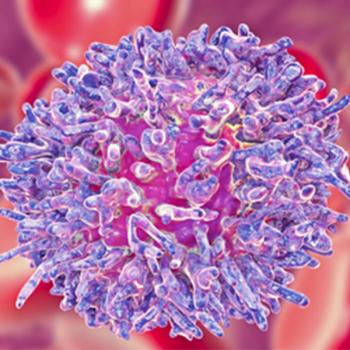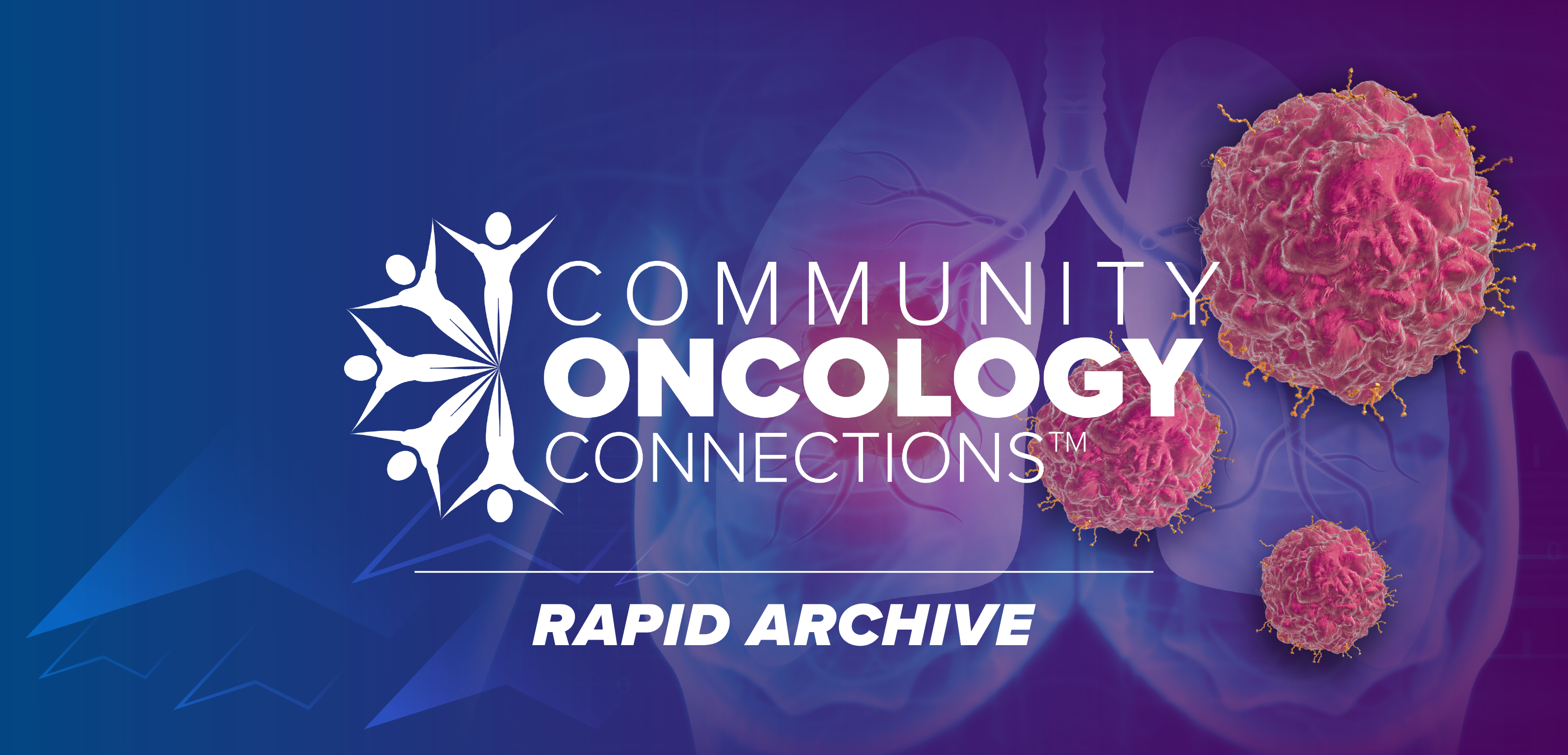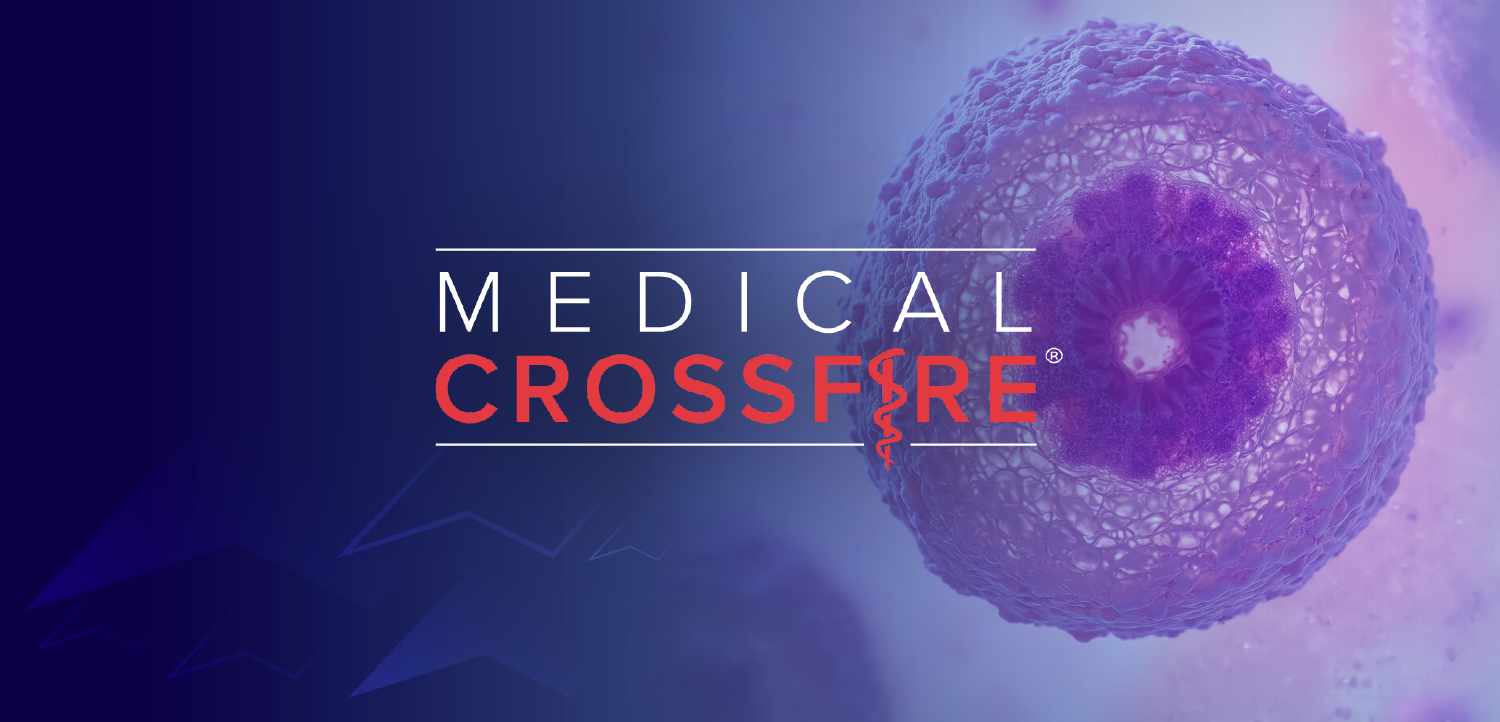
The Accountable Care Act: One to Grow On
As I patted myself on the back for having no trash to put out for the 2nd week in the row it occurred to me: healthcare needs more of this.
I no longer live in Boston, but a smaller, sleepier town in Central Virginia. Because this is how life works sometimes, it is the same town where I was born, my grandparents married, and the ashes of my father are laid to rest. It is a town where neighbors bring over baked goods and introduce themselves after you move in, and where if Tubs the cat is sunning himself in the middle of the cul-de-sac, well, you just slowly and respectfully drive around him. It is also, by and large, an eco-friendly town. Case in point: you pay for the amount of garbage you put out each Tuesday morning.This results in a logical incentive to conserve—less trash, less cash.
The first month or so in my new home I was baffled by the trash schedule. Monday evening would come around and I’d roll my trashcan to the curb, but mysteriously mine would be the only one. It was so odd to see my lone trashcan on the street that I’d doubt the date, go back inside, check the calendar, and verify that it was in fact Monday. After a few weeks of this, I finally asked my neighbor: Why weren’t they putting out trash? How was I the only one with garbage? ‘Oh,’ she said, ‘I guess we just don’t make much trash. We put it out once a month or so. We recycle and compost, and there’s not much else.’
Right.
And then an interesting thing happened. Suddenly, I became acutely aware, and slightly embarrassed, by my trash production. I made changes fast. I bought a compost bucket and figured out how to use it. I learned I could easily take my compost to the farmer’s market on Saturday and they would add it to the community heap (after weighing and recording it) and supervise its slow churn to dirt. I became more vigilant about recycling and thinking about the packaging of the products I bought. It wasn't really about the money either. Sure, it was a nice bonus, but that wasn’t really what was behind my change in behavior. The real motivating factor was pure, unabashed ego. I simply did not want to be the one with the lone trashcan out on the sidewalk each Monday evening for all the neighborhood to see, the jerk at the end of the street destroying the planet.
Of course one could argue I should have been doing these things long before—and to a certain extent I was—but definitely not with the same level of attention and care. Living in Boston, my trash was anonymous. No one knew, or cared, how much, or how often, I tossed trash in to the building dumpster. Now, it was different. My trash was public and identifiable, and it was clearly out of sync with my neighbors. It even evolved into a bit of self-imposed competition: Can I put out less trash than Ellie? What about Jessica and Oscar?
The swift change in my behavior to conform to the normative culture of my neighborhood and community surprised me. As I patted myself on the back for having no trash to put out for the 2nd week in a row it occurred to me: healthcare needs more of this. Both our planet and our nation’s healthcare system are on crash-course trajectories unless we take radical action. For starters, we need to make the invisible more visible; not with the intent to shame and embarrass (although the powerful effects of comparative competition are clearly not be underestimated, as I can personally attest), but to create a culture where adhering to quality standards is the norm and infrastructure is intentionally designed to support and encourage positive change.
This is not a new concept, and initiatives exist that capitalize on this very human aspect of organizational behavior—certain very
t
What made my garbage conversion work for me? A few key ingredients: a clear, very public visual cue that I could immediately compare to my neighbors (the trashcan), a supportive local environment (neighbors willing to share information about how they have been successful), and an infrastructure that facilitated my change in behavior (public recycling programs, a community compost program). These elements can translate to cancer care and should be applied to areas in dire need of improvement—disparities in access to screening and treatment, pain control, cancer communication, the financial toxicity of chemotherapeutic agents, to name just a few.
Changes with the
Newsletter
Knowledge is power. Don’t miss the most recent breakthroughs in cancer care.

















































































